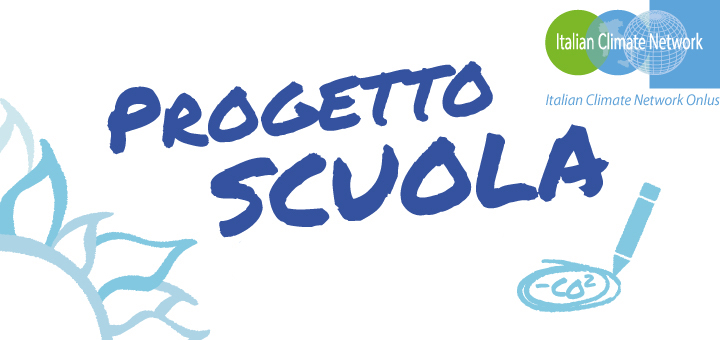Description
One of the main obstacles to tackling climate change is the lack of knowledge about the problem, especially amongst the younger generations. As in other countries, climate change does not find adequate space in ministerial school programs in Italy, therefore students mainly have to rely on the information circulating in the various media, which are often rather poor in terms of both quality and completeness.
A new environmental culture can only start with the youth, who represent the citizens of tomorrow. To ensure they take conscious decisions today and in the future, we must provide them with the basic knowledge to understand the climate challenge in its complexity: the context, to understand how climate change relates to other global challenges; the consequences, to be aware of the impacts already underway and of future scenarios; and the solutions, from the international level up to that of citizens.
The training offered by Italian Climate Network through the School Project goes in this direction, placing itself among the most complete didactic offers on climate change currently available in Italy.
Objectives and beneficiaries
The project is addressed to secondary schools (students aged 11-19). The primary aim of the initiative is to help students acquire the knowledge that is necessary to understand the problem of climate change, also deepening issues that often show complexities such as human rights, gender equality, externalities and the real costs of energy.
The sectorial setting of the Project allows students to understand the interdisciplinary nature of the topic and to identify those aspects that are most interesting to them, also in view of their future university courses or professional activities.
Strong points of the solution
The main strengths of the project are:
- interdisciplinarity, as it offers a basic class that can be complemented with a number of specific in-depth lessons including Climate and Energy, Climate Negotiations, Climate and Human Rights, Climate and Waste Management, Climate and Health, Climate and Food Security.
- replicability, as arrangements to host lessons are within reach by a large audience.
- the face-to-face approach, as classes are held by experts, mainly young professionals, who have direct experience and expertise in most of the fields covered by the project. This ensures students can actively interact with the trainer, asking for further details from their direct experience.
- a train-the-trainer model, as students are strongly encouraged to get involved and to share what they have learned with their friends and families, inducing positive change in their local communities and the society.
Expected results and benefits for climate change adaptation and mitigation
The project aims to promote awareness and to empower students, who will be the citizen of tomorrow, the generation who will leave in a changing climate, by giving them the knowledge and the instruments to adequately face this challenge.
In terms of mitigation and adaptation benefits, it is expected that the new awareness arising from the project will represent an incentive leading to more sustainable practices in their daily life, especially in terms of transportation and domestic choices (ranging from energy use to the management of waste, and food practices) and to stronger demands for action, starting from the local level, to ensure concrete measures to mitigate and adapt to climate change are adopted.
Scalability potential of the solution
The project has proved to be scalable, as it has grown consistently from 2016 both in terms of classes delivered and students reached, and in terms of topics covered. Started with local classes mainly in Lazio and Lombardia regions, in the five-year cycle 2013-2017 the School Project has engaged over 50 schools in 11 Italian regions.
However, the Project's potential is much larger: in fact, it could be spread extensively across the Country through the network of Italian municipalities.
Moreover, the Project has proved its potential to be expanded abroad: it was showcased during ad hoc official side events during UNFCCC conferences (SB46, Bonn), and in 2018 it has achieved the first class delivered beyond Italian borders, in Switzerland.
[Editor's Note: All information published as submitted by the author(s). Minor edits may have been made for length and clarity.]







